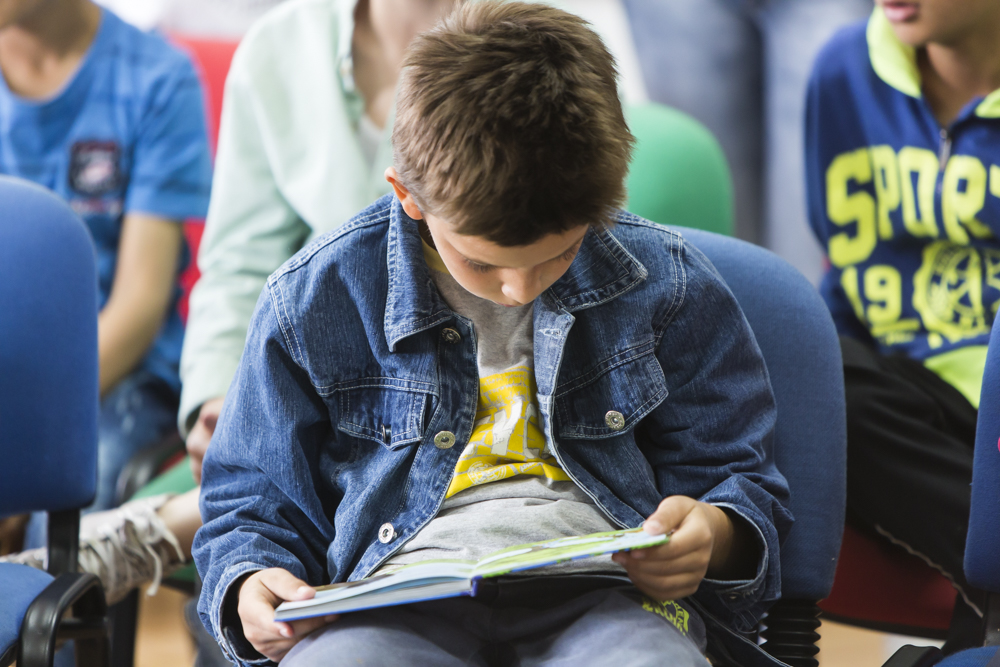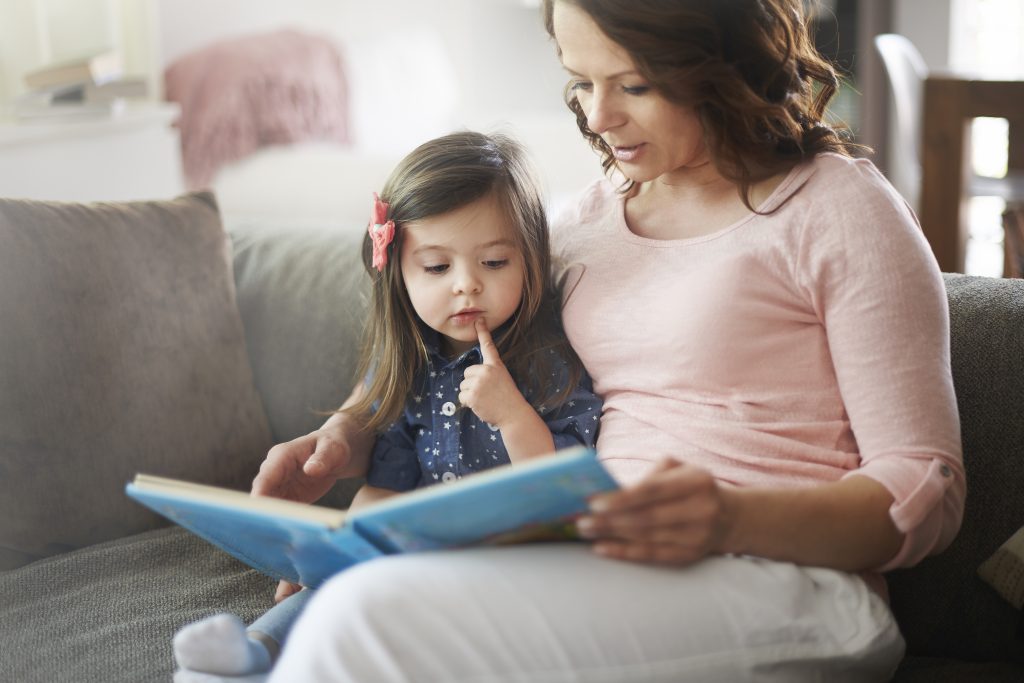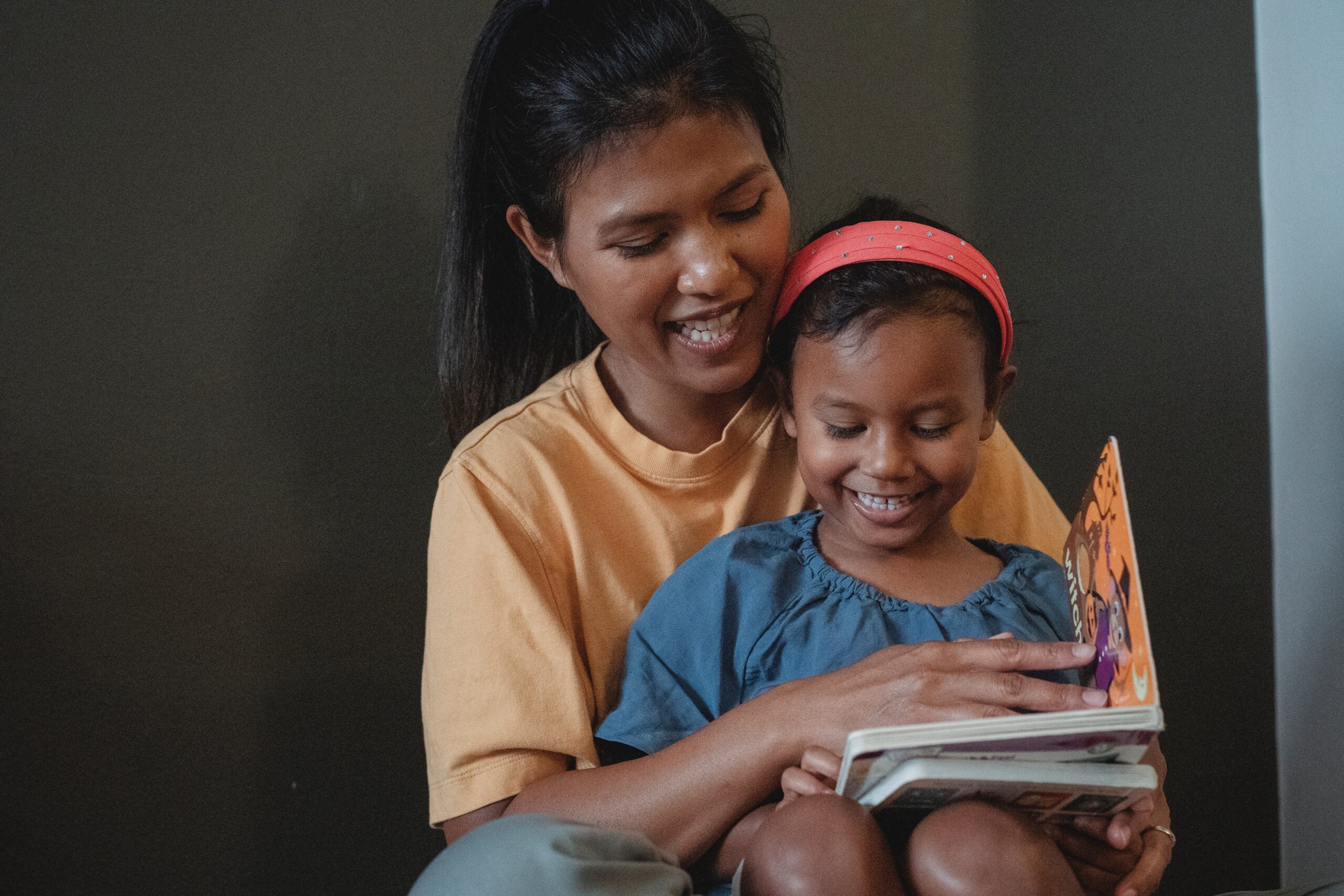Hearing your child’s first words can be a special and magical time for parents. However, you may be concerned that your child is not developing at the same rate as other children their age. 1 in 5 children will learn to speak and use words later than expected.
So, how can you help your little one with their speech in early childhood? There are lots of ways to encourage language in the home including singing, conversation, and playing with toys. Spending time with your child is also a great way to assist their language learning journey and give them a head start with speech.
This useful guide will provide helpful, practical tips to start your child’s language development on the right foot.
Why Is Language Development Important in the Early Years?
Your child needs to learn and understand language so that they can communicate as they grow. Their understanding of speech and text will provide insight into how they will perform at preschool and beyond. Getting a head start on their grasp of language could improve their educational and job prospects.

Understanding language can help your child to:
- Make sense of their surroundings
- Problem solve
- Express and understand emotions
- Learn and develop
Without the power of speech, your child may become frustrated and unable to express their emotional needs. Children spend a small portion of their time in formal educational settings, so parents must do their best to encourage language development at home.
Speech development is also an important part of building relationships with others. A child learns to understand facial expressions and other non-verbal forms of communication through language development in the early years.
According to a worldwide study, 43% of the population is bilingual. It is important to note that children of bilingual families may take longer to develop speech than monolingual children. It is common for bilingual children to take a few extra months to catch up with their peers.
Reading Books
Reading children’s stories with funny voices and gestures is an excellent way to introduce your child to language. Setting aside time to read books is also great for strengthening your relationship. You can talk about emotions, characters, and actions as you move through the story together.
“Asking your child what they would like to read is a great way to get them excited about reading,” says Ryan Hammill, Co-Founder and Executive Director of the Ancient Language Institute. “You can start with one book per day and add more books as they get comfortable with your reading routine. Reading out loud stimulates the imagination and develops their listening skills. Take your time, find a comfortable space, and enjoy reading and learning with your child.”

Some tips for making storytime engaging and fun include:
- Sitting your little one in your lap or holding them
- Letting them turn the pages
- Reading in varied, funny voices
- Using finger puppets to illustrate characters
You should aim to make reading a part of your daily routine by introducing books at bedtime and during playtime. Try to find books that are age-appropriate by starting with simple stories that have lots of pictures to keep your child engaged. Sensory books with textured pages can encourage interaction and make learning more exciting.
Sing Songs Together
You don’t need to be a pop star to encourage language through singing! Singing songs is an effective way of introducing words and phrases to your child. Repetitive songs with simple rhythms can help children memorize words and develop their vocabulary. Songs with actions are the best songs for language development because they help your child imitate sounds and actions.
You can help your child learn by letting them fill in the gaps while you sing. Repetitive songs such as ‘Old McDonald’ and ‘Head, Shoulders, Knees, and Toes’ are easy ways to get your child to sing along.
Speak to Your Child
Talking to your baby or child is one of the best ways to encourage language learning. You may find that your baby mimics words and sounds before the age of 1. By 6 months, your baby will understand basic sounds and words in your native language.

“Parents often forget the importance of talking and interacting with their children,” explains Nancy Mitchell, RN at Assisted Living. “Learning language begins at home with our everyday routines and activities. Explaining what you are doing to your child whilst cooking, cleaning, and eating is a great way to expose them to new vocabulary. Talking to your child and leaving space for them to respond also prepares them to have conversations in the future.”
Communicating with your little one is an effective way to check they are hitting their speech and development milestones. Some children develop speech later than others, so try not to worry. If you have any concerns, you should speak to your doctor or healthcare provider.
Final Thoughts
Every child learns in a unique way and at their own pace, so try not to become disheartened if your little one is taking more time to speak. If you are concerned about their development, you can get in touch with a child healthcare professional to arrange an assessment. Some key points to remember about language learning in early childhood are:
- Reading stories is one of the best ways to teach language
- Sounds and gestures are helpful
- Responding to your child is important when they attempt to communicate
Children with language delays are often referred to a speech therapist. Speak to your healthcare provider for more information about referrals and diagnoses.
About the Author: Alejandra Leyva is a digital nomad who practices slow living. She is willing to learn and spread her knowledge about taking time in our rushing world.

















